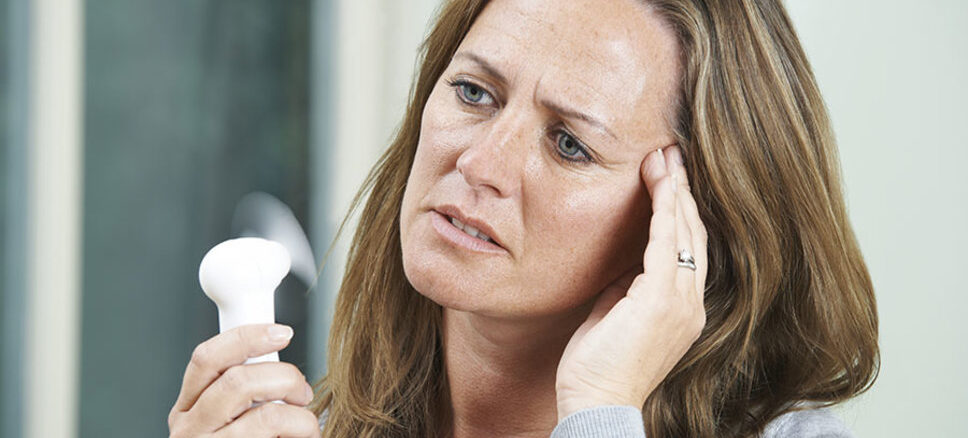INTRODUCTION
Menopause is the permanent cessation of a woman’s menses indicating the end of her reproductive career. When a woman has not seen her menses for twelve [12] months after the last menses she can safely be said to have achieved menopause. It occurs between the age of 48 – 51 years; however, some women get to menopause earlier or later. Smoking reduces the age of menopause.
Perimenopause: This usually commences some years before menopause and indicates the time when the quantity of eggs in the ovaries reduces and the ovaries produce less estrogen resulting in all the weird symptoms women feel.
SYMPTOMS
Menopause is characterised and preceded by:
- Irregular menses such as lighter flows and shorter cycles
- Hot flashes
- Mood swing
- Vaginal dryness
- Increased predisposition to urinary tract infections
- Night sweats
- Poor memory
CAUSES
Menopause is a natural ageing process that all ladies go through at the end of their reproductive career.
It results from the depletion of the eggs within the ovaries.
At birth, a female child has about 1,500, 000 eggs. At puberty, it reduces to about 500, 000 and from age 42 years, there is a rapid decline in quantity and quality of the eggs.
At the time of perimenopause, the ovaries do not respond to stimulation from the hypothalamus and pituitary glands and produce less estrogen leading to shorter and lighter menstrual flow. The hypothalamus and pituitary gland releases more hormones FSH and LH, leading to most symptoms women feel such as hot flashes, mood swings, and night sweats.
Reduced estrogen leads to vaginal dryness and a predisposition to heart diseases, and bone fracture.
EFFECTS OF MENOPAUSE
While menopause is a transition from the reproductive age to a non-reproductive age, it can present peculiar challenges to the woman.
These include:
- Osteoporosis
This is a condition in which the bone losses its strength/density increasing the risk of fractures.
These could be reduced by calcium supplements of 1gm daily, intake of Vitamin D, regular exercise such as walking 30 minutes every other day.
- Menopausal symptoms
These include symptoms such as hot flushes, mood swing, vaginal dryness, night sweats, increased predisposition to urinary tract infections, poor memory.
- Heart disease
Estrogen usually protects women against heart diseases; however, after menopause with the reduction in estrogen production, this risk increases. This is usually a result of lack of ovulation or the eggs getting exhausted. In about 5 % of cases, pregnancy is possible.
DIAGNOSIS
Diagnosing menopause is simple and based on a history of lack of menses for 12 consecutive months. The diagnosis is confirmed through the following.
Laboratory test done may include:
- Hormonal assay to assess the level of serum Follicle-stimulating hormone [FSH] which is over 30 Miu/mL.
- Estradiol level less than 30 pg/mL.
TREATMENT
The main treatment for the effects of menopause is hormone replacement with estrogen. However, the use of this drug is controversial as it has beneficial and harmful effects.
WHEN TO SEE A DOCTOR
You are advised to see your doctor if you experience the following.
- If you feel you are having symptoms of menopause that you cannot tolerate
- If you feel bone pains
If you have blood pressure challenges

